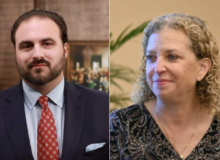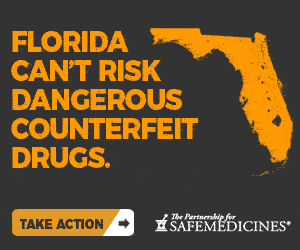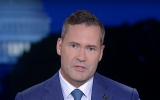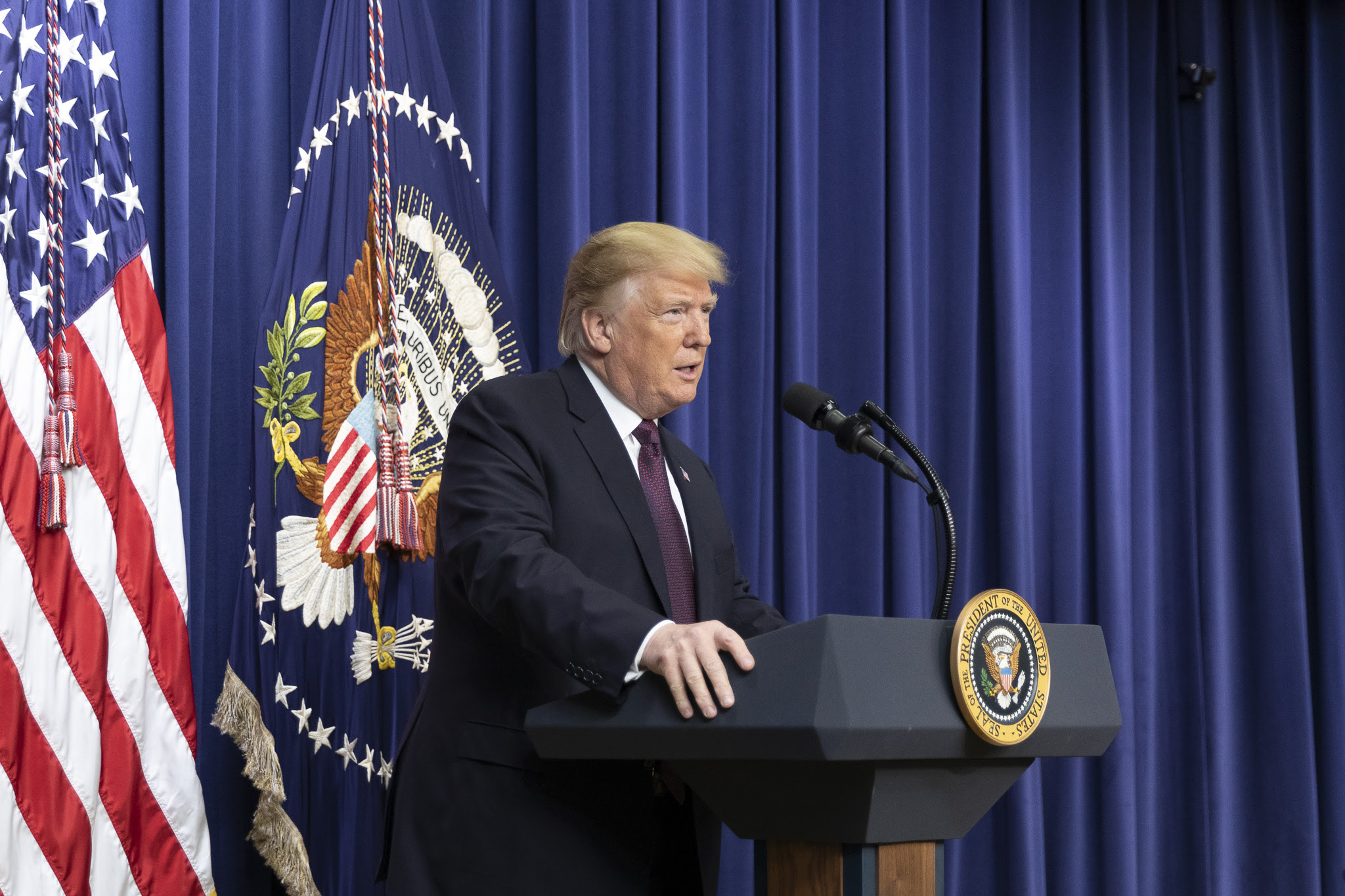by Lone Shark
 One issue that will be attracting a significant amount of attention during the 2012 legislative session concerns Florida’s Personal Injury Protection auto insurance law (PIP) and its possible reform in order address the recent spike in PIP-related insurance fraud. PIP may not be the sexiest issue out there or the most widely understood, but it affects you if you happen to drive or if you’re involved in an accident here in Florida. PIP is a multi-layered complex issue that involves a number of interest groups- insurance carriers, lawyers, and health care providers all have vested interests in the system as it presently exists, and all have staked out well guarded ground that protects those interests.
One issue that will be attracting a significant amount of attention during the 2012 legislative session concerns Florida’s Personal Injury Protection auto insurance law (PIP) and its possible reform in order address the recent spike in PIP-related insurance fraud. PIP may not be the sexiest issue out there or the most widely understood, but it affects you if you happen to drive or if you’re involved in an accident here in Florida. PIP is a multi-layered complex issue that involves a number of interest groups- insurance carriers, lawyers, and health care providers all have vested interests in the system as it presently exists, and all have staked out well guarded ground that protects those interests.
As Florida is a “no-fault” accident state, your own insurance company will pay a percentage of your medical bills and lost wages should you get injured in an accident. State law requires that drivers must carry their own auto insurance and at least $10,000 in Personal Injury Protection coverage in the event that they or any of the occupants of their car are injured in a crash. PIP insurance covers 80% of your medical expenses and/or 60% of your lost wages.
Over the past several years, PIP insurance premiums have risen substantially in response to a greater number of “vehicle collision questionable claims” (VH-QCs) and the increase in PIP claims associated with them. It’s been well publicized that law enforcement has been dealing with organized fraud rings staging accidents in order to cash in on insurance payouts as well as with Pain Clinics and other health care providers who have engaged in fraudulent billing for medical services.
Do you think the 2nd Amendment will be destroyed by the Biden Administration?(2)
These illegal practices have caused many insurance carriers to tighten their underwriting standards and raise their rates on all their customers in response to the increasing costs of PIP fraud. There’s little doubt that fraud is an ongoing problem, but the number of actual instances of fraud and whether the amount of fraud has breached a threshold that truly impacts Floridians’ insurance rates are both sources of dispute.
Legislation dealing with PIP failed to pass during 2011 legislative session, but there now is increasing momentum from the insurance industry to more thoroughly deal with PIP-related fraud. Governor Rick Scott has suggested that carrying PIP insurance could become optional rather than mandatory for automobile owners, but as of yet, he has not outlined any specific legislative proposal that comprehensively addresses the issue.
Many of the proposed aspects of PIP reform that are being tossed around out there- increased financial penalties for fraud, requiring insured individuals to submit to a medical exam before they can receive compensation under PIP, requiring providers to submit to “examinations under oath” (EUOs) may be well intentioned, but they don’t necessarily disincentivize fraud, and they may in fact create other problems that further delay the resolution of the claims process as well as negatively affect doctors’ ability to treat their patients.
For example, EUOs could pose big problems for health care providers because they often become literal “fishing expeditions” that pull healthcare professionals away from their practices and allow attorneys to aggressively grill them over claims. EUOs can in fact be utilized by insurers to stall the resolution of many legitimate claims, and they can also compromise the doctor-patient relationship and the patient’s right to privacy.
The ideal solution, if there is one, is to enact legislation that roots out as much insurance fraud as possible on one hand while also holding insurance companies responsible to quickly resolve claims that come from doctors who have rendered services to individuals who have actually been injured in real auto accidents.If it is determined that a legislative fix of PIP won’t yield more optimal outcomes on both ends of the equation, then perhaps we need to revisit whether or not it is optimal for Florida to remain a “No-Fault” insurance state if it is found that being “No-Fault” actually incentivizes rather than reduces fraud. It’s preferable to change the foundation of our system rather than to propose a flawed set of fixes for a flawed system that already over-regulates health care practitioners.
One of the primary reasons Governor Rick Scott was elected was because of his unequivocal opposition of ObamaCare and its coercive mandates, but he would be greatly remiss if he wound up signing off on legislation that codified anti-competitive or unfair business practices that insurance carriers oftentimes engage in.
We hope that market-oriented principles and solutions are what lawmakers ultimately rely on to both effectively deal with insurance fraud and facilitate the resolution of claims more quickly without unnecessarily burdening law-abiding health care providers who do not have the time or the resources to deal with insurance company tactics that oftentimes are intended to delay payment to providers rather than bring them to a quick resolution.
It’s absolutely necessary for the Governor and the Legislature to get this issue right rather than simply pass legislation that is drafted specifically to give a fundamental advantage to any industry or lobbyists’ preferences. Let insurers and healthcare providers compete within their own industries in a competitive free market in Florida, as that’s what ultimately benefits consumers the most- we already have enough market-destroying mandates and regulations being thrown at us by the Obama Administration.
















